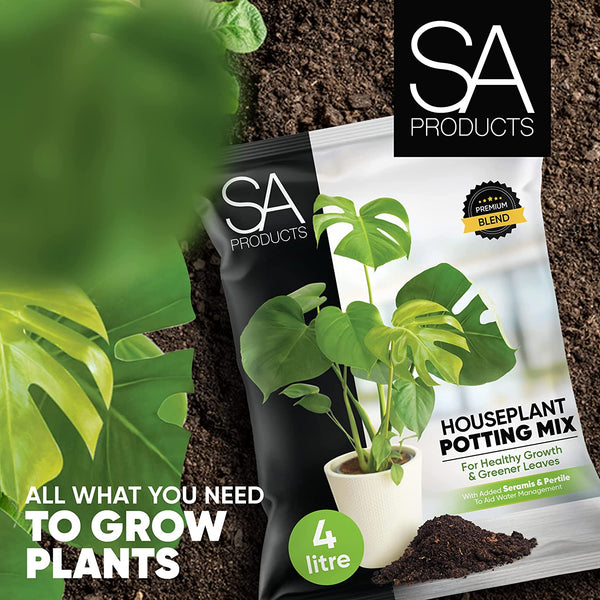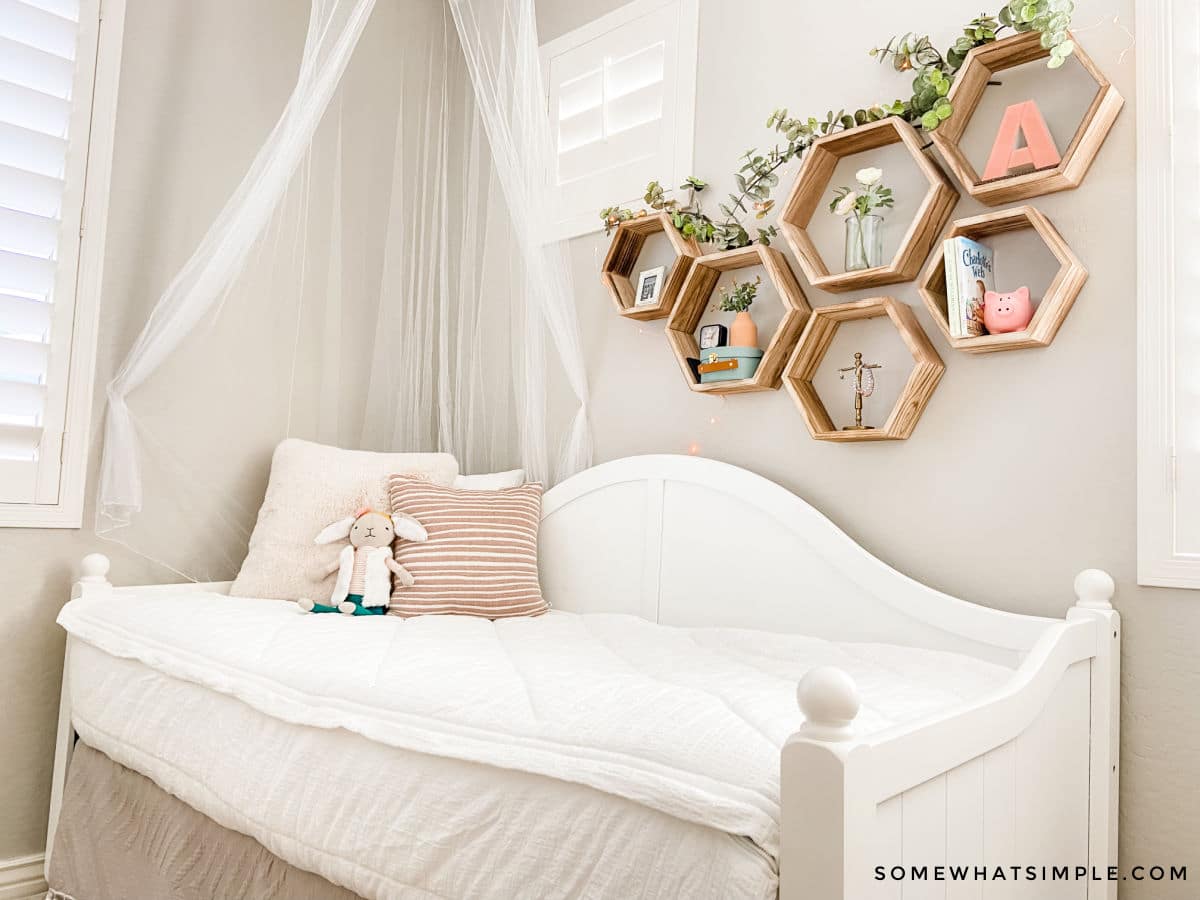Essential Guide to House Plant Compost Tips and Tricks


House Plant Compost: Nourish Your Indoor Garden
Subheading: The Green Thumb’s Secret Weapon
If you’re an indoor gardener looking to level up your plant game, then it’s time to talk about house plant compost. This stuff might seem like ordinary dirt, but it’s the secret weapon that can transform your plants from surviving to thriving. Let’s dive into what makes house plant compost so special and why your leafy friends will thank you for it.
Subheading: What Exactly is House Plant Compost?
First things first, let’s break it down. House plant compost is essentially a nutrient-rich soil mixture that provides your indoor plants with the food they need to grow healthy and strong. Unlike regular potting soil, which can lose its nutrients over time, compost is packed with organic matter that feeds your plants over the long haul.
Subheading: Why Your Indoor Plants Love Compost
Now, you might be wondering, “Why should I bother with compost when my plants seem to be doing just fine?” Well, the truth is, they could be doing even better! Compost is like a superfood for your plants, packed with essential nutrients like nitrogen, phosphorus, and potassium. These nutrients promote healthy growth, vibrant foliage, and robust root systems.
Subheading: How to Use Compost for Maximum Plant Power
Using compost for your indoor plants is easy peasy. When repotting, simply mix some compost into the soil to give your plants a nutrient boost. You can also top dress your planters with a layer of compost to provide a slow-release food source. Another option is to create compost tea by soaking compost in water and using the nutrient-rich liquid to water your plants.
Subheading: Homemade vs. Store-Bought Compost
Now, you might be wondering whether to go the DIY route or opt for store-bought compost. Both options have their perks! Homemade compost allows you to control the ingredients and know exactly what’s going into your plant’s diet. Plus, it’s a great way to recycle kitchen scraps and yard waste. On the other hand, store-bought compost is convenient and ensures a consistent nutrient mix for your plants.
Subheading: Compost Tips and Tricks for Indoor Gardeners
Here are some insider tips to get the most out of your house plant compost:
- Mix It Up: Blend your compost with potting soil for a balanced mix that provides both nutrients and good drainage.
- Feed Wisely: Avoid overfeeding your plants with compost, as too much of a good thing can lead to nutrient imbalances.
- Watch for Changes: Keep an eye on your plants for signs of nutrient deficiencies or excesses. Adjust your compost usage accordingly.
- Rotate Your Plants: Repotting your plants every year with fresh compost can prevent soil depletion and promote healthy growth.
Subheading: The Environmental Benefits of Using Compost
Not only does house plant compost benefit your indoor garden, but it’s also a win for the environment! By using compost, you’re reducing waste by recycling organic materials that would otherwise end up in landfills. Additionally, compost helps improve soil structure and water retention, making it a sustainable choice for both you and the planet.
Subheading: Final Thoughts on House Plant Compost
In the world of indoor gardening, house plant compost is truly a game-changer. It’s the nutrient-packed elixir that can take your plants from “meh” to magnificent. Whether you opt for homemade or store-bought, adding compost to your plant care routine is a decision your leafy pals will thank you for. So, grab your gardening gloves and get ready to nourish your indoor garden with the green thumb’s secret weapon! Read more about house plant compost








